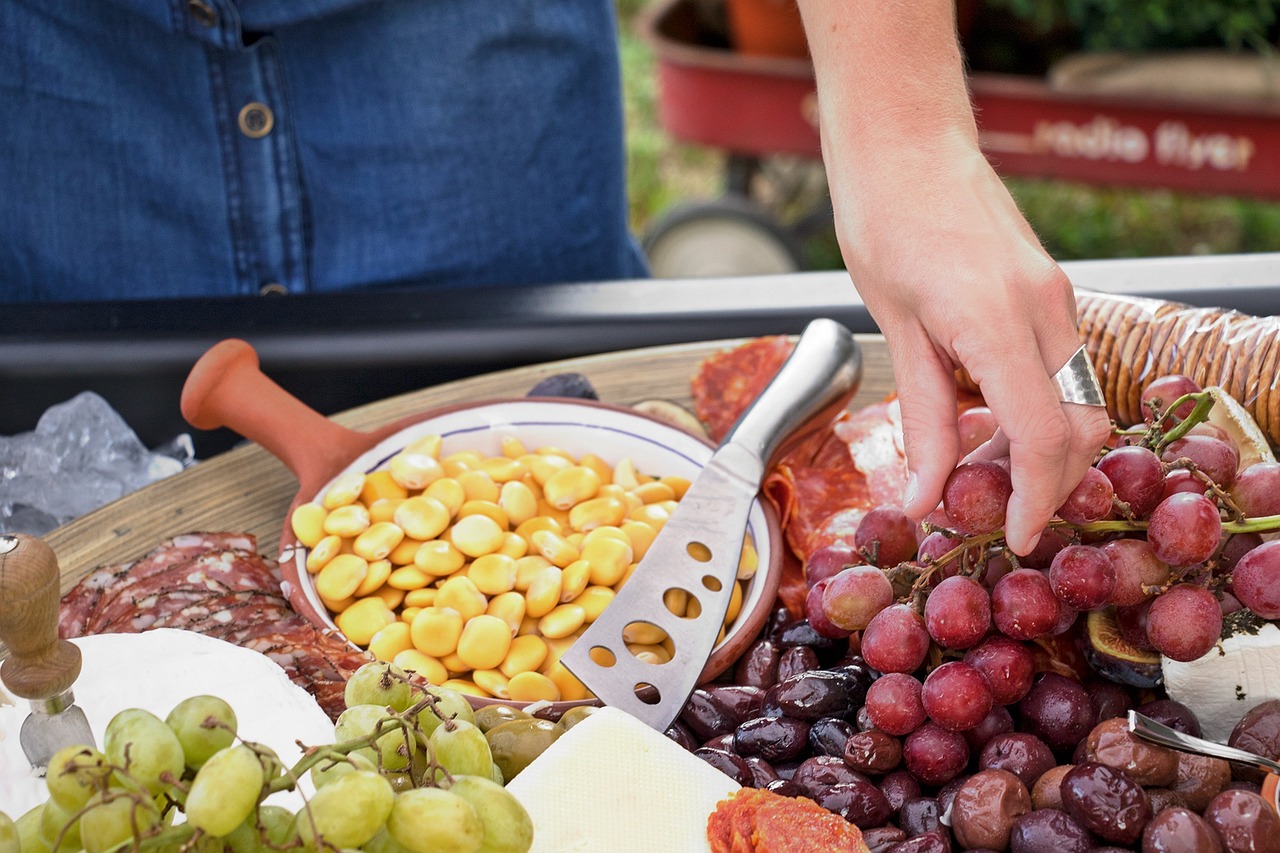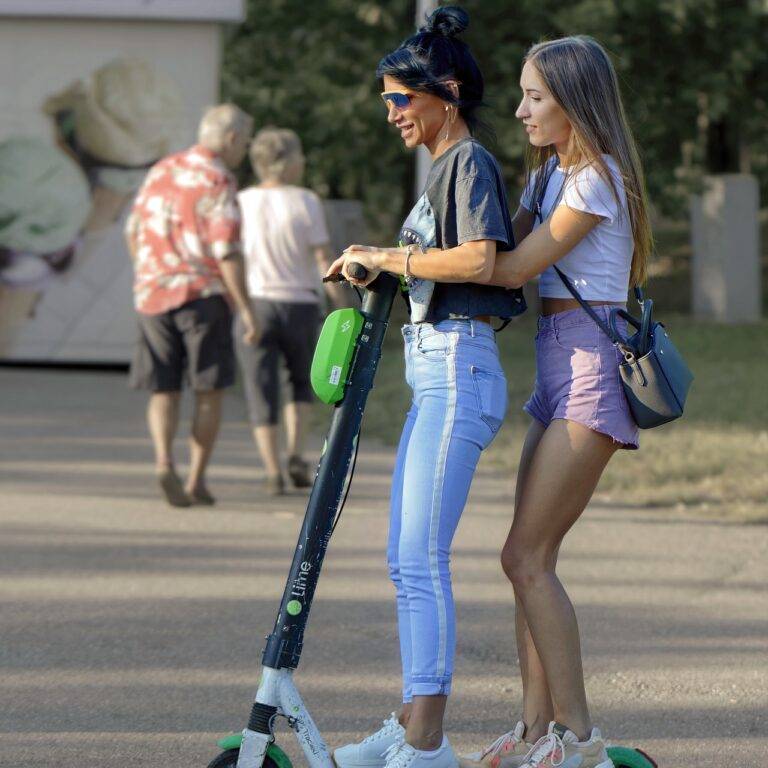Eco-Friendly Outdoor Waste Disposal Strategies: Leaving No Trace in Natural Environments
Single-use plastics have become a ubiquitous part of outdoor activities, from disposable water bottles to food packaging. These items are convenient but have a lasting impact on the environment, often ending up as litter in natural spaces. To combat this issue, it is essential for outdoor enthusiasts to adopt more sustainable practices and reduce their reliance on single-use plastics.
One simple way to reduce single-use plastics in outdoor spaces is to invest in reusable alternatives. Bringing along a refillable water bottle, food containers, and utensils can significantly cut down on the amount of waste generated during outdoor adventures. By making a conscious effort to switch to reusable items, individuals can make a positive impact on the environment and help preserve the beauty of nature for future generations.
Properly Disposing of Food Waste in Nature
Properly disposing of food waste in nature is essential to preserving the environment and keeping wild spaces clean. When enjoying the outdoors, it is crucial to remember that leaving behind food waste can harm wildlife and disrupt the natural balance of ecosystems. By packing out all food scraps and trash, outdoor enthusiasts can do their part in maintaining the integrity of the environment.
One effective way to ensure proper disposal of food waste is to pack reusable containers or bags specifically designated for carrying out leftover food items. These containers can be easily cleaned and reused for future outdoor excursions, reducing the need for single-use plastic bags or wrappers. Additionally, burying or burning food waste is not a sustainable solution, as it can attract unwanted wildlife and create pollution. By taking the extra effort to properly dispose of food waste, individuals can help protect the natural beauty of outdoor spaces for generations to come.
Utilizing Biodegradable Products for Camping and Hiking
When preparing for camping or hiking trips, opting for biodegradable products can greatly reduce your environmental impact. From compostable utensils and plates to eco-friendly soap and sunscreen, there are numerous biodegradable options available on the market. These products break down naturally over time, minimizing waste and pollution in outdoor spaces.
Additionally, choosing biodegradable packaging for snacks and meals can help lessen the amount of litter left behind on trails and campgrounds. With compostable food containers and bags, you can enjoy your outdoor adventures without worrying about harming the environment. By incorporating biodegradable products into your camping and hiking gear, you can actively contribute to the conservation of natural landscapes and protect wildlife habitats.
• Opting for compostable utensils and plates can reduce waste
• Eco-friendly soap and sunscreen options are available for minimal environmental impact
• Biodegradable packaging for snacks and meals helps lessen litter on trails and campgrounds
• Using compostable food containers and bags allows you to enjoy outdoor adventures without harming the environment
• Incorporating biodegradable products into camping gear contributes to conservation efforts in natural landscapes
Why is it important to reduce single-use plastics in outdoor spaces?
Reducing single-use plastics helps to minimize litter, protect wildlife, and preserve the natural beauty of the environment for future generations.
How can I properly dispose of food waste in nature?
It is important to pack out all food waste to prevent animals from becoming habituated to human food and to avoid attracting wildlife to campsites. Use biodegradable trash bags or designated waste disposal areas when available.
What are some examples of biodegradable products that are suitable for camping and hiking?
Biodegradable products such as compostable utensils, plates, and cups made from materials like bamboo or cornstarch are great alternatives to single-use plastics. Biodegradable soap, sunscreen, and insect repellent are also eco-friendly options for outdoor use.





